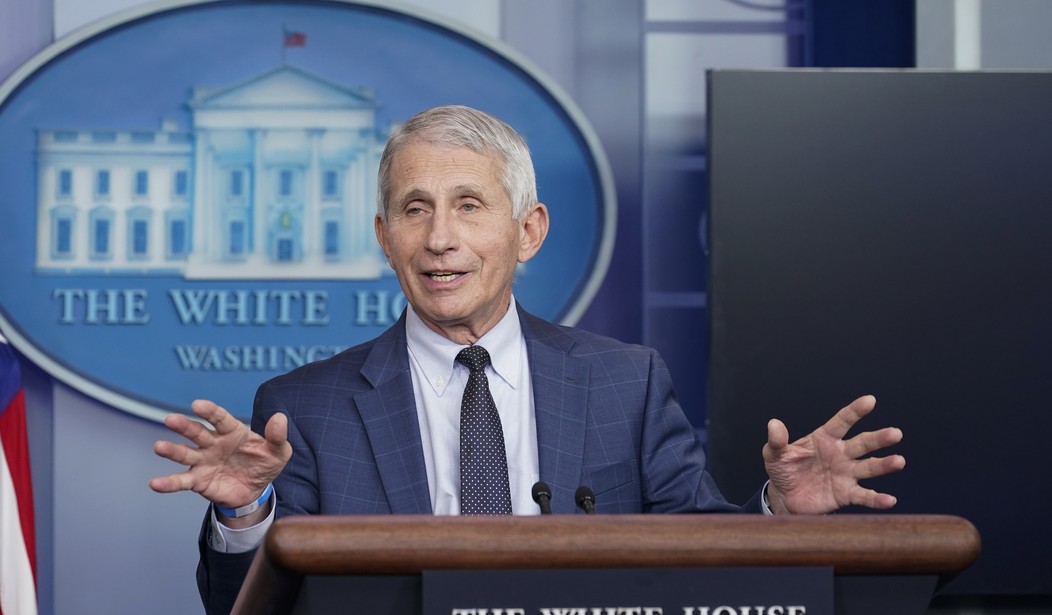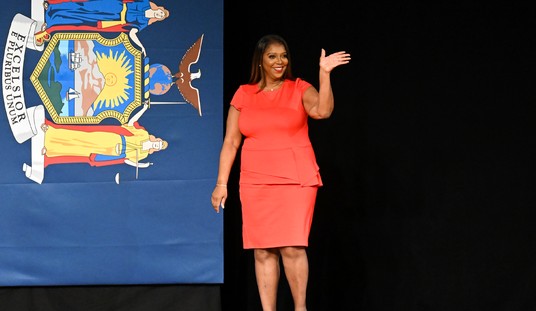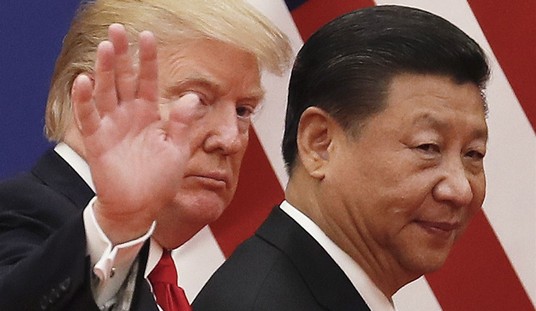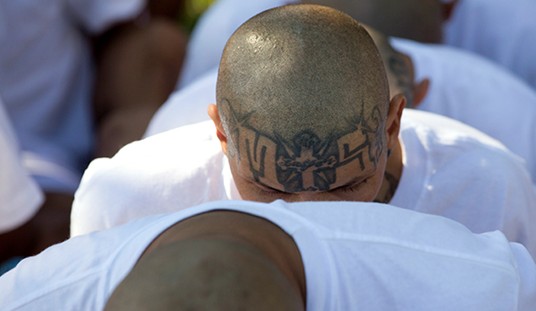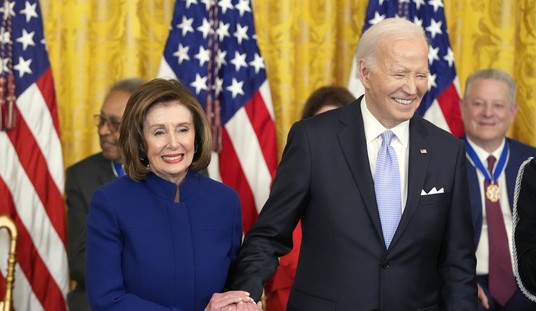I was wrong about Dr. Anthony Fauci. I always assumed he was a typical public health official dreadfully out of his league when it came to playing the political game necessary to be the public voice and face of the Trump administration’s response to the pandemic.
He just couldn’t handle the political demands of the position, I thought. He didn’t seem to understand that when he was issuing contradictory statements — mask up vs. don’t mask up — he was confusing the American people. He appeared to have no clue about the massive impact his contradictory and incorrect statements were having on the people’s ability to stay safe.
It’s a certainty that Fauci’s incompetence cost far more lives than his sycophants give him credit for saving.
But Fauci is no political novice, and his contradictions weren’t so much to deliberately confuse people as much as they were a typical politician’s ploy to appear to be on both sides of an issue at the same time.
“Show me a school that I shut down and show me a factory that I shut down,” says Fauci in a lengthy sit-down with the New York Times. “Never. I never did.”
The interview is framed by the Times as an inside look at Fauci as he “wrestles with the hard lessons of the pandemic—and the decisions that will define his legacy.” But when it comes time to answer the tough questions about who was at fault for America’s botched response to COVID-19, the good doctor is happy to pass the buck. The blame is spread around, not only to the CDC and the other public health apparatuses for which Fauci became a convenient (and willing) personification but also to the politicians who followed public health recommendations without any consideration of the costs involved.
“I gave a public-health recommendation that echoed the C.D.C.’s recommendation, and people made a decision based on that,” says Fauci. “I’m not an economist. The Centers for Disease Control and Prevention is not an economic organization. The surgeon general is not an economist. So we looked at it from a purely public-health standpoint.”
Part of being a public health leader is examining a public health crisis in its entirety — to measure the potential impact of your recommendations on society. You don’t have to be a rocket scientist — or a first-year economics student — to understand what would happen to the economy of the United States — both short and long-term — if most economic activities were to come to a standstill. “Fifteen days to slow the spread” turned into a year because Fauci and his friends at the CDC failed to perform the most basic vetting of their proposal to lock down the country.
“It was for other people to make broader assessments — people whose positions include but aren’t exclusively about public health. Those people have to make the decisions about the balance between the potential negative consequences of something versus the benefits of something.”
It’s true — up to a point. Fauci never said “close the schools” or “keep the business shuttered.” The fact that he said nothing is even worse.
Fauci also pushed back against evidence that lockdowns were causing unintended (though totally predictable) problems. A group of epidemiologists and other public health experts in October 2020 signed The Great Barrington Declaration, which called for a focus on protecting the vulnerable and letting everyone else resume normal life. Soon after it was published, Fauci denounced the document as “nonsense and very dangerous.”
And though it may not have affected the public policy response to the pandemic, Fauci also deserves blame for his disassembling about the usefulness of masks and the origins of the pandemic. In the early days of COVID, he advised against the wearing of masks in public places, only to later admit that he’d been less than truthful. Later still, he advocated for double-masking, despite a lack of any evidence for the effectiveness of that strategy.
I was wrong. Fauci always knew how to play the political game. And even though the evidence in its totality shows that Fauci was wrong far more often than he was right, he is still worshiped and admired on the left for the job he did as “The Face of the Government’s Response to the Pandemic.”
We would have done much better if he had been muzzled early on in the pandemic and only seen, not heard.



